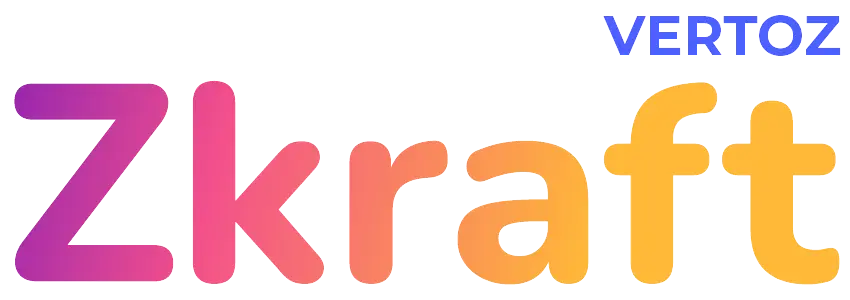So, imagine you’re scrolling through your feed, and you come across a post that’s really witty which makes you laugh, or a heartfelt blog that tears you up. It happens to all of us, but have you ever stopped to wonder who’s behind these posts? Is it a human pouring their soul into words or an AI whipping something really intelligent in seconds? It’s a question that’s gotten all the marketers, creators, and even casual readers intrigued.
In 2025, the battle between human and AI in content marketing is heating up, and the stakes are high – engagement, trust, and that elusive spark that keeps audiences coming back. As per a recent study, it is noted that nearly half of the consumers can spot AI-written content (Source). But again, the same study also reported that nearly 56% people actually prefer the AI version when they didn’t know which is which. A tough competition, right?
So, who’s really winning this engagement game? Let’s break it down, explore the strengths of both sides, and see how content marketing strategies are evolving.
The Human Touch
Human content has been used for the longest time and content marketing has been done traditionally for as long as we can remember. If a writer makes something, it’s not just words; it’s also their quirks, their personal stories, and their opinions that are put forward. This is why human information is still important:
- Contextual Judgment – Algorithms match patterns; authors add living experience, subtlety, and cultural timing.
- Voice Protection for Brands – Tone changes that aren’t obvious, like dry humor, regional slang, and controlled language, often get past automatic filters.
- Trust Factor – People who know (or think) that text was written by a computer are less likely to share and more likely to bounce.
Sometimes it can take hours or even days to write a piece of content, and sometimes you can’t write for a while, and that’s okay. This is where the engagement shifts to AI.
Where Algorithms Pull Ahead
Let’s talk about AI content tools now. AI is really evolving and making things easier in terms of content marketing, and providing the much needed engagement, and here’s how it is helpful:
- Speed at Scale – Need 5,000 meta descriptions by Friday? A model drafts in minutes, then an editor polishes.
- Data Harmony – AI happily maintains style consistency across thousands of SKUs, version numbers, or compliance disclaimers.
- Pattern Discovery – Real-time clustering of emerging keywords lets strategists pivot topics long before manual SERP tools flag the trend.
But AI’s got its blind spots. It cannot give you exact information, as human correction will always be needed at the end of the day.
The Hybrid Reality
It’s always a combination that does wonders, so the best content marketing strategies blend AI’s efficiency with human soul.
AI’s Role: Generates drafts, optimizes for SEO, and crunches analytics to spot what’s trending.
Human’s Role: Polishes the vibe, adds personality, and ensures it doesn’t sound like a bot wrote it.
Engagement Boost: Buffer data shows AI-assisted posts hit a 5.87% median engagement rate across platforms, beating human-only posts at 4.82% (Source).
For instance, AI may detect that your audience favors brief videos and generate a script in a matter of seconds. A witty one-liner or a trending hashtag is then incorporated by a human, resulting in content that is noticeable.
So, Who’s Really Winning?
AI provides tempo and scope, while human editors provide depth and credibility. The brands that choreograph the two, assigning monotonous volume to algorithms and reserving narrative authority for people are the ones that gage the most amount of engagement and eyeballs.
Zkraft incorporates the benefits of both, in terms of content marketing and ensures that the results speak for themselves, regardless of the tools. So, next time you’re hooked on a post, ask yourself: human, AI, or both? Bet you can’t tell and that’s the whole point.

